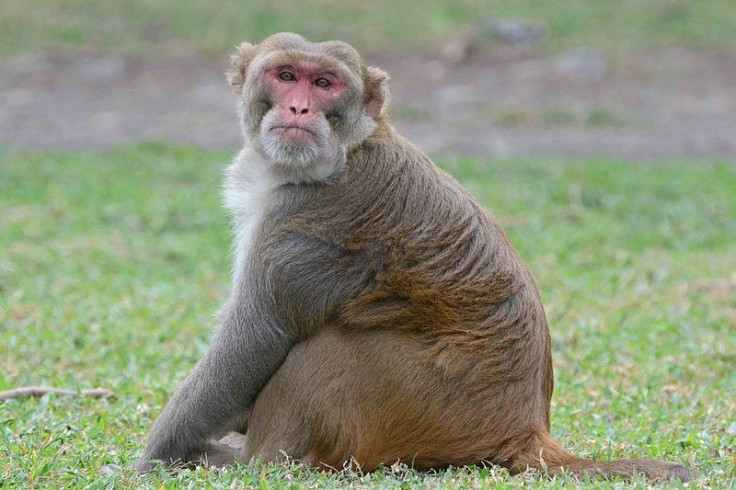Scientists Regrow Monkey Heart in World-First

Scientists have regrown a monkey heart to save the animal after it suffered a heart attack.
In a world-first, researchers with the University of Sydney and the Westmead Millennium Institute for Medical Research (WMI), grew enough heart muscle cells to repair the primate's damaged organ.
Published in the journal Nature, their study is being described as a "bold new step" in the area of chronic heart failure.
First author James Chong said this is the first time scientists have been able to grow stem-cell derived heart muscle at a large enough scale to treat an animal as big as a monkey.
"Chronic heart disease rates in Australia and worldwide are reaching epidemic proportions and one in two people with advanced-stage heart failure will die within one year of diagnosis," he said. "While adult stem cells are already being used in clinical trials on heart attack sufferers, that method has so far demonstrated only modest benefits so new treatments are urgently needed."
The researchers injected the lab-grown cells into the monkey's heart, which resulted in the regeneration of the organ.
"These studies support the further use of human stem cell-derived heart muscle for heart regeneration which could one day be a cure for heart failure and replace the need for heart transplantation."
Study leader James Chong
"By using pluripotent stem cells, which have superior plasticity, we were able to grow and graft stem cell-derived heart muscle in significantly larger numbers than previously possible. We found that the stem cell-derived heart muscle engrafted and survived in the infarcted hearts over a much longer period than has ever been previously demonstrated in a clinically relevant model.
"This technology brings us one step closer to the clinic and a possible future cure for heart failure."
The animals used in the research were observed for three months, after which the authors found new heart muscle cells had grown. They also found that blood vessels from the host heart were responsible for supplying the grafted muscle – the first time this has been observed.
"The stem cell-derived heart muscle was able to replace damaged and dead heart tissue by up to 40 per cent," Chong said.
"These studies support the further use of human stem cell-derived heart muscle for heart regeneration which could one day be a cure for heart failure and replace the need for heart transplantation."
Commenting on the findings, David Ross from the University of Sydney, said current treatments for heart failure are limited and do not address the problem of insufficient heart muscle.
"The research in this paper suggests it is possible to insert functional new heart muscle in damaged areas in a heart very similar to a human heart. While more research is needed into the long-term efficacy and safety of this approach, if it proves effective it will transform the treatment of heart failure."
© Copyright IBTimes 2025. All rights reserved.






















